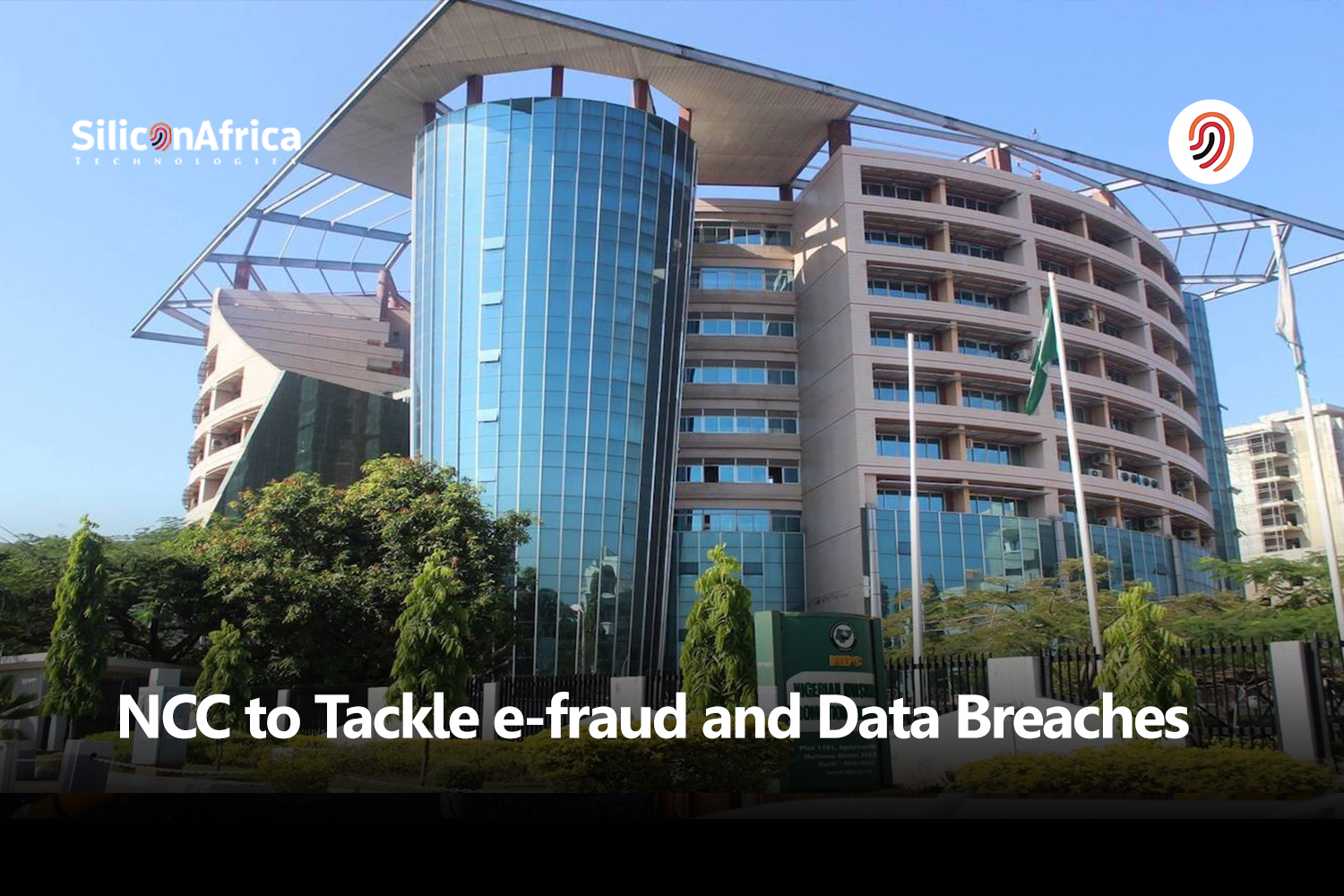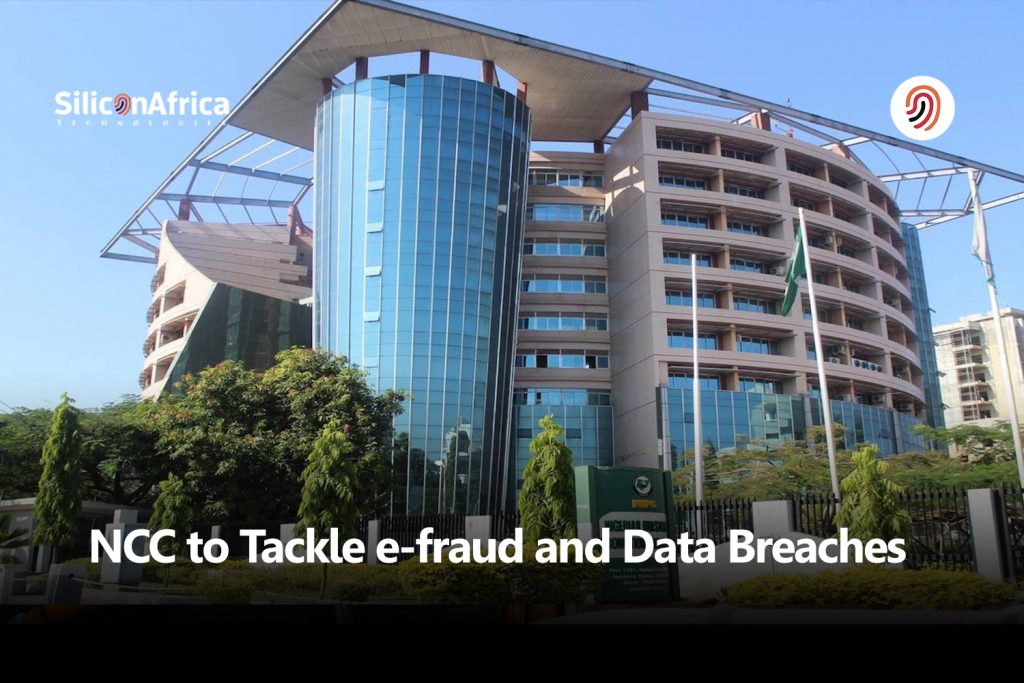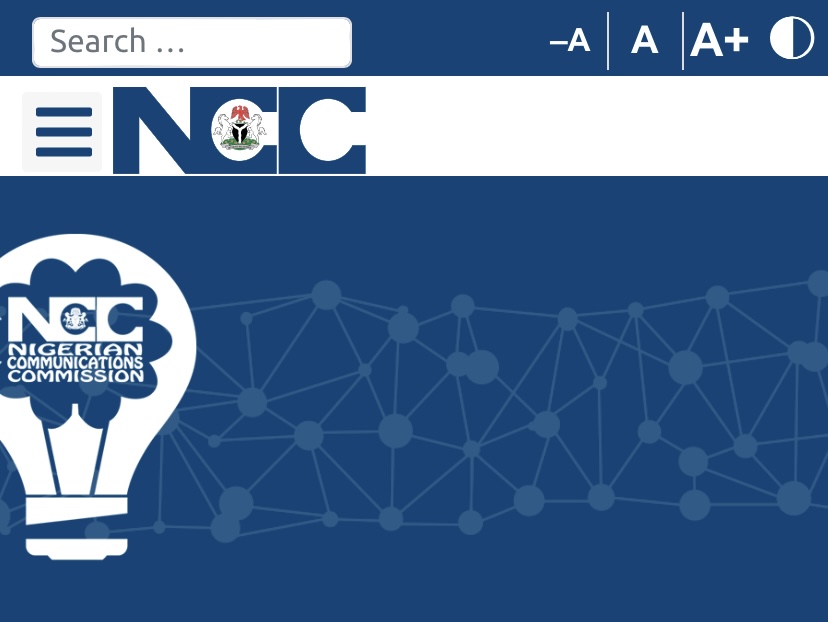Physical Address
60 Ekwema Cres, Layout 460281, Imo
Physical Address
60 Ekwema Cres, Layout 460281, Imo

The National Cybersecurity Center (NCC) is at the forefront of the fight against cyber threats. As the regulator of the communications sector, the NCC plays a pivotal role in combating e-fraud. They understand that collaboration between the public and private sectors is essential to effectively addressing these cyber threats. To achieve this, the NCC actively engages in public-private partnerships.

Through these partnerships, the NCC shares threat intelligence, coordinates incident response efforts, and facilitates information sharing. By working together, they aim to strengthen cybersecurity resilience across various industries. This proactive approach helps in staying one step ahead of cybercriminals and protecting sensitive information and financial assets.
It’s important to note that cyber threats are not limited by national boundaries. They pose global challenges that require international cooperation. E-fraud and data breaches have evolved significantly over the years, encompassing a wide range of malicious activities such as phishing, identity theft, and ransomware attacks. These cyber threats exploit vulnerabilities in digital systems to gain unauthorized access to sensitive information.
When targeting businesses or organizations, hackers often have the goal of accessing valuable company resources like Intellectual Property (IP), customer data, or financial details. That’s why it’s crucial for everyone to stay vigilant and take proactive measures to protect themselves against these evolving cyber threats. By staying informed and implementing robust cybersecurity practices, we can help safeguard our digital lives.
The NCC understands how important it is for the public and private sectors to work together in the fight against cyber threats. They actively collaborate through public-private partnerships to share threat intelligence, coordinate incident response efforts, and facilitate information sharing. This collaboration helps to strengthen cybersecurity resilience across different industries, making sure we’re all better protected.
Cyber threats don’t stop at national borders, which is why international cooperation is crucial. The NCC actively engages with international partners, participating in joint initiatives and sharing best practices to enhance global cyber resilience. By working together on a global scale, we can tackle these cybersecurity challenges more effectively.

According to Danbatta, telecom operators, regulatory bodies, law enforcement agencies, and consumers all have a role to play in combating e-fraud. Each of them must fulfill their responsibilities and collaborate with the NCC. E-fraud encompasses a wide range of malicious activities, including identity theft, phishing, hacking, and unauthorized access to personal and financial information. The goal of these activities is to defraud or take advantage of victims. By working together, we can create a safer digital environment for everyone.
The NCC plays a super important role in making our cybersecurity infrastructure stronger. They work closely with government agencies, private companies, and cybersecurity experts to foster collaboration and share best practices. By doing this, they make the overall digital ecosystem more resilient.
The NCC knows that having good regulations is crucial in fighting e-fraud and data breaches. That’s why they develop and enforce strong cybersecurity regulations. These rules help protect our data, guide how to respond to incidents, and manage risks across different industries.
The NCC also encourages telecom operators to invest in solid infrastructure, use top-notch security measures, and regularly check for vulnerabilities. They emphasize the importance of things like strong authentication, two-factor authentication, and encryption to keep customer data safe and prevent unauthorized access.
To make sure we’re all aware of cyber threats and know how to protect ourselves, the NCC runs education campaigns. They teach us about common cyber threats and the best ways to stay safe. They also invest in advanced threat detection systems that use cool technologies like artificial intelligence, machine learning, and big data analytics. These systems help spot patterns that might indicate e-fraud or data breaches.
If a cyber attack or data breach happens, the NCC has special teams ready to respond. These teams work with the right people, investigate what caused the incident, and take quick action to fix things.